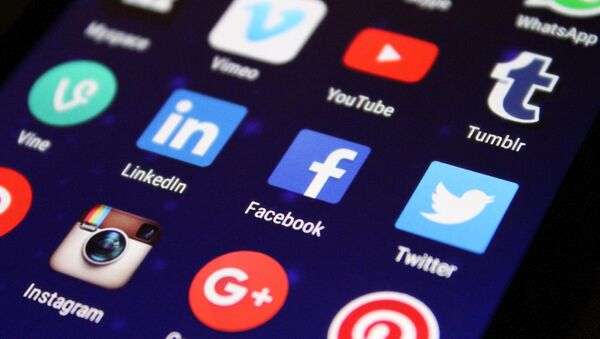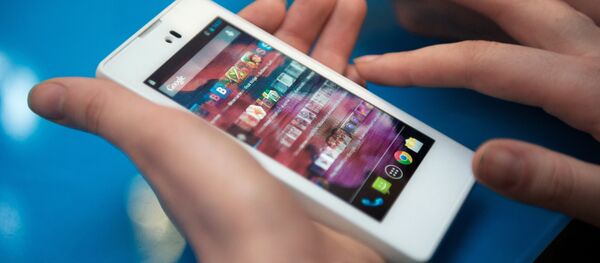But with such convenience comes overuse and addiction. People always feel uncomfortable whenever they are not with their smartphones.
The survey found that Brazilians spend the most time on their smartphones, about five hours a day, followed by Chinese, who spend three hours on their phones. People in the United States, Italy, Spain, South Korea, Canada, and the United Kingdom spend more than two hours a day on their mobile devices.
According to UK mobile technology consultant Tomi Ahonen, people look at their phones about every 6.5 minutes. This means they check their phones 150 times a day over a 16 hour period.
Children are also likely to follow their parents’ habit. A survey of 1,000 children ranging from ages 0-5 showed that 80.4% of children use smartphones, and more than half of their parents believe that mobile phones put their children at ease.
Fear of missing out contributed to the high amount of phone checking, said Zhu Yanshao, a researcher with the Division of Social and Engineering Psychology at the Institute of Psychology under the Chinese Academy of Sciences. They hope to finish their personal affairs in the shortest possible time, and it becomes a habit, Zhu added.
The lack of leisure activities is the main reason for Chinese people’s smartphone addiction.Offline activities in China, such as sports, travel, art shows, and reading are not as popular as they are in other countries and regions; on the contrary, China has 668 million netizens, eight-nine percent of whom browse the internet with their phones. The internet is how they mostly kill the time.
Though smartphones bring entertainment and conveniences, they can have negative effects on health. Staring at a screen for a long period of time can cause eye or spine damage. Smartphones are also associated with lower quality of sleep, and high blood pressure and an elevated heart rate are also unfavorable results.
This article was originally published in the Global Times.



